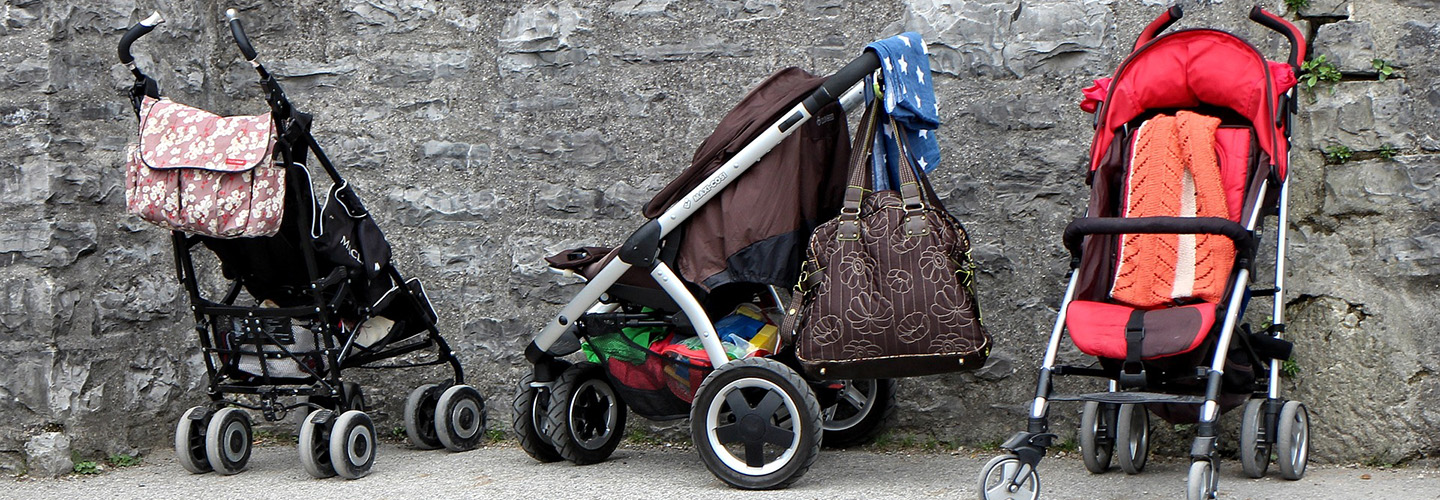Re-engineering Business for Sustainability (REBUS)
Re-engineering Business for Sustainability (REBUS) was an Action Research project funded by the UK Department of Environment, Food and Rural affairs (DEFRA) to explore the viability of a business model designed according to circular economy principles.
In a circular economy business and consumption processes are designed to generate circular flows to recover and reuse resources and reduce waste of business and consumption. Following the work of Professor Oksana Mont from Lund University in 2006, REBUS consisted of a renewable six months rental provision of products for infant mobility including pushchairs and infant car seats. 1,048 participating families were able to access these products through a renewable six months rental. The product would eventually be returned for refurbishment and reuse.
The provider had designed a quality assured refurbishing process which ensured that products could be reutilized by successive families, and the objective of the research was to achieve three uses. The feasibility of this innovative business model was tested in respect of consumer responses, business and financial viability, environmental benefits, legal and infrastructure issues. Together with the engagement of DEFRA, the project benefited with the engagement with a leading supplier of infant products and respected parental charity.
DEFRA, a Government agency with responsibility for environment, was seeking from the project insights to inform policy. This objective was achieved, and DEFRA was able to compare findings with several European environmental agencies. The infant products supplier was interested in better understanding of the business model, including its environmental benefits and greater interaction with consumers. The latter was not satisfactory because this manufacturer ordinarily reaches consumers through retailers. The manufacturer was very satisfied with the results that they continued experimenting with this business model in two other EU countries.
The Parental charity was seeking more experience of products rental. Overall the project achieved its objectives, to budget and the environmental assessment study highlighted considerable environmental benefits arising from the business model, including reduced waste and pollution.
